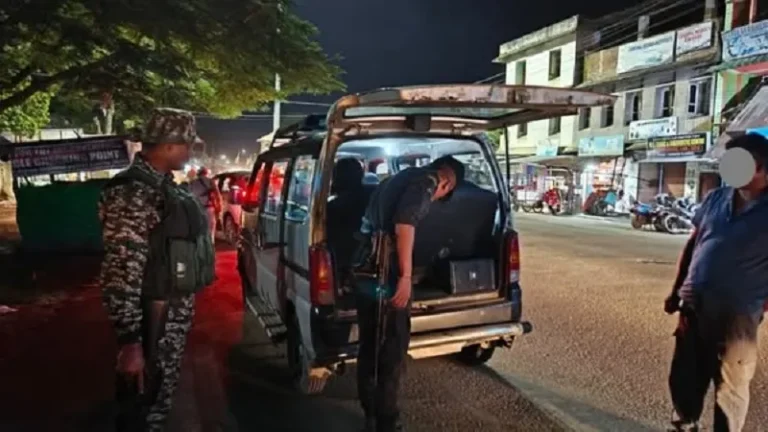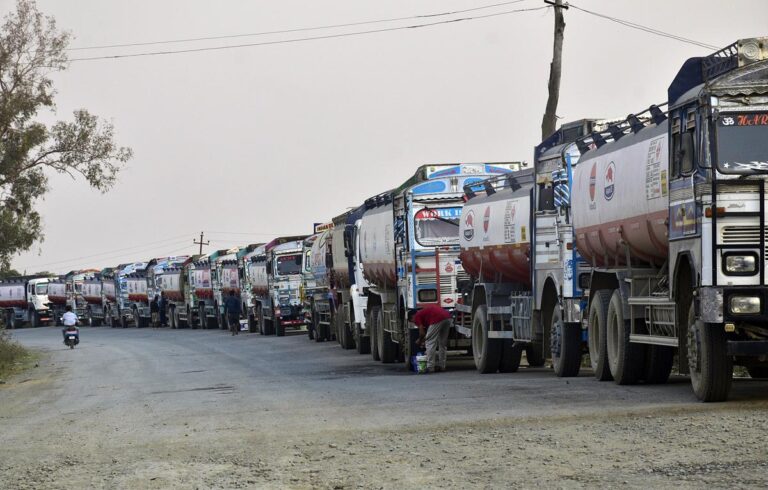Manipur Meitei Body Calls for Ban on Kuki Militant Groups: Urgent Plea to PM Modi
Summary
A prominent Meitei civil society organization in Manipur has urged Prime Minister Narendra Modi to take immediate action to ban all Kuki militant groups operating in the region. This demand comes amidst growing concerns over ethnic violence, security threats, and a worsening divide between the Kuki and Meitei communities. The appeal aims to address what is perceived as unchecked militancy exacerbating tensions in the state.
A Deep Dive into the Call for Action
Introduction: Why is Manipur on Edge?
Manipur, a state nestled in India’s Northeast, has been grappling with ethnic conflicts for decades. The divide between the Kuki and Meitei communities, marked by differences in language, culture, and socio-political interests, has often erupted into violent confrontations. While peace initiatives have been attempted in the past, the latest plea by Meitei leaders adds a new dimension to the ongoing discord.
The Meitei Perspective: Root Causes of the Plea
The Meitei community has expressed long-standing concerns about the presence and activities of Kuki militant groups. Accusations range from violence against Meitei civilians to illegal poppy cultivation, which allegedly funds militant operations. These issues, coupled with perceived inaction from central authorities, have amplified Meitei fears of losing their cultural and political ground.
Key Demands and Concerns
- Ban on Kuki Militants: Meitei leaders argue that militant outfits continue to disrupt peace and governance. They believe a ban would significantly weaken these groups’ operational capabilities.
- Security Enhancement: The appeal also highlights the need for increased security measures in vulnerable areas, particularly in regions bordering Myanmar.
- Strained Governance: The state government, led by Meitei-dominated political figures, has faced criticism from Kuki leaders, further complicating peace efforts.
Counter-Narratives: Kuki Concerns
Kuki organizations have their own grievances. They allege discrimination, unequal resource allocation, and a lack of representation in state politics. Moreover, they accuse Meitei groups of promoting majoritarianism, sidelining Kuki interests.
The Role of the Central Government
The appeal to PM Modi underscores the central government’s pivotal role in addressing ethnic strife. Critics argue that delays in responding to these crises risk escalating violence and alienating communities. A federal intervention, they suggest, must balance law enforcement with reconciliation.
Potential Solutions: Bridging the Divide
While banning militant groups might address immediate security threats, experts argue it could also deepen mistrust between communities. Sustainable peace requires:
- Inclusive governance that respects the aspirations of both Kukis and Meiteis.
- Dialogues mediated by neutral parties, potentially involving neighboring states or international bodies.
- Economic development initiatives that benefit all communities, fostering shared interests.
Conclusion: A Crossroads for Manipur
Manipur’s future hinges on its ability to overcome ethnic barriers and promote harmony. The Meitei plea for action against Kuki militant groups is a cry for security but also a call for deeper understanding and resolution. Without thoughtful intervention, the state’s rich cultural tapestry risks further unraveling.
FAQs
- What led to the Meitei-Kuki conflict?
- The conflict stems from ethnic, cultural, and socio-economic differences between the two communities, aggravated by land disputes and political struggles.
- Why are Kuki militant groups targeted?
- Meitei leaders accuse these groups of perpetuating violence, illegal activities, and undermining state stability.
- Has the central government responded to the plea?
- As of now, there has been no official response to the appeal for banning Kuki militant groups.
- What role does poppy cultivation play in the conflict?
- Poppy cultivation, alleged to be controlled by Kuki militants, is cited as a major funding source for illegal activities, further polarizing communities.
- Can mediation help resolve the crisis?
- Yes, neutral mediation involving all stakeholders is essential for lasting peace and trust-building.




